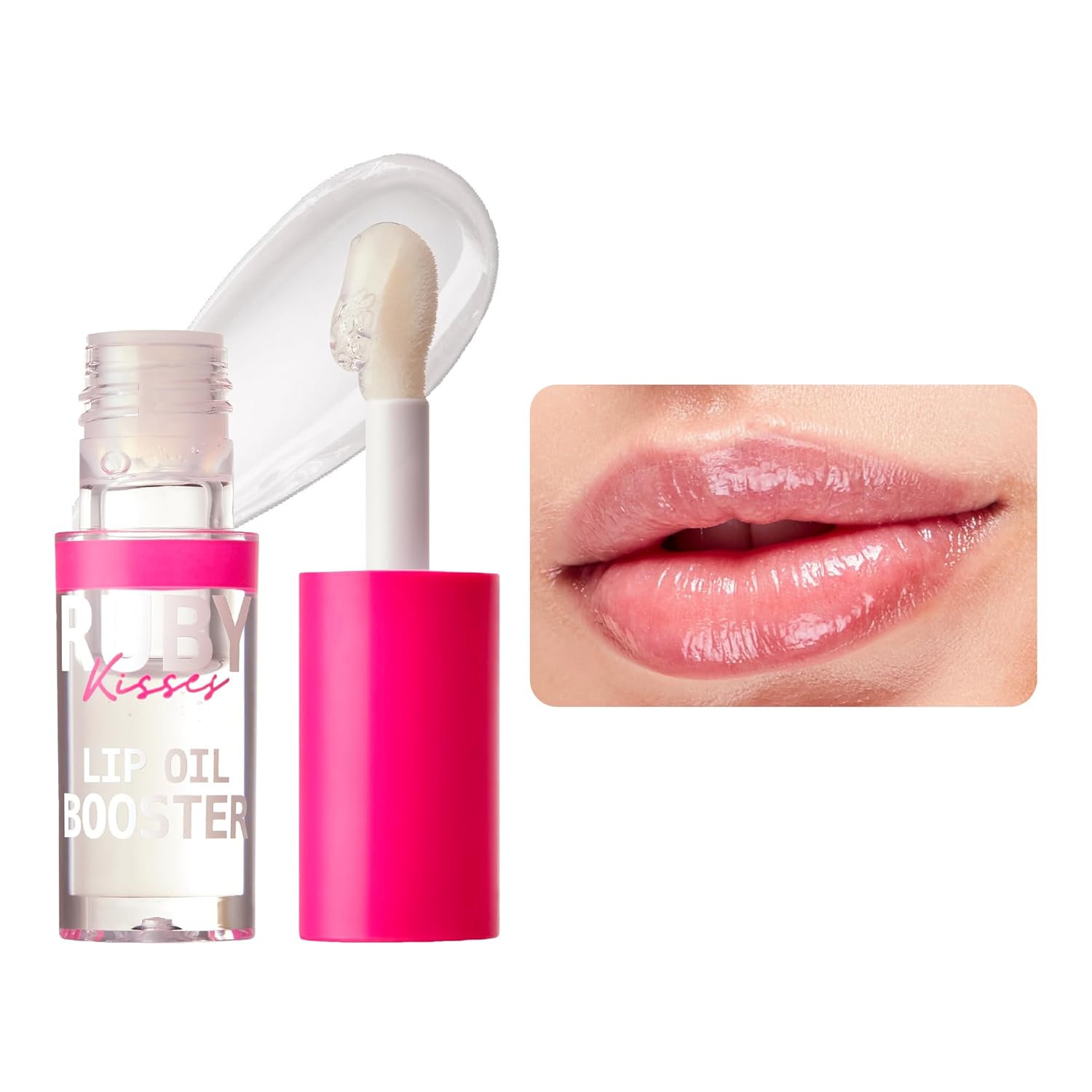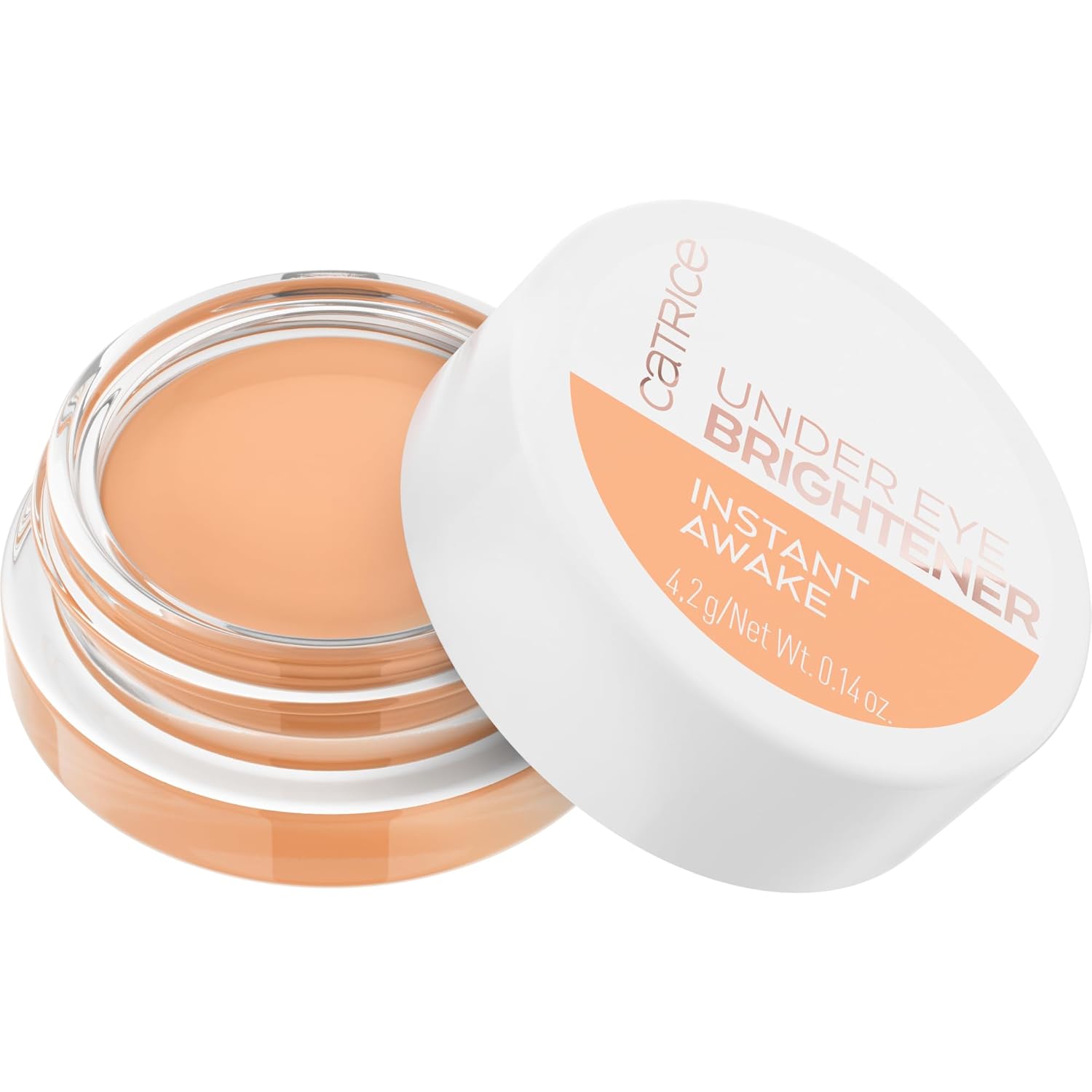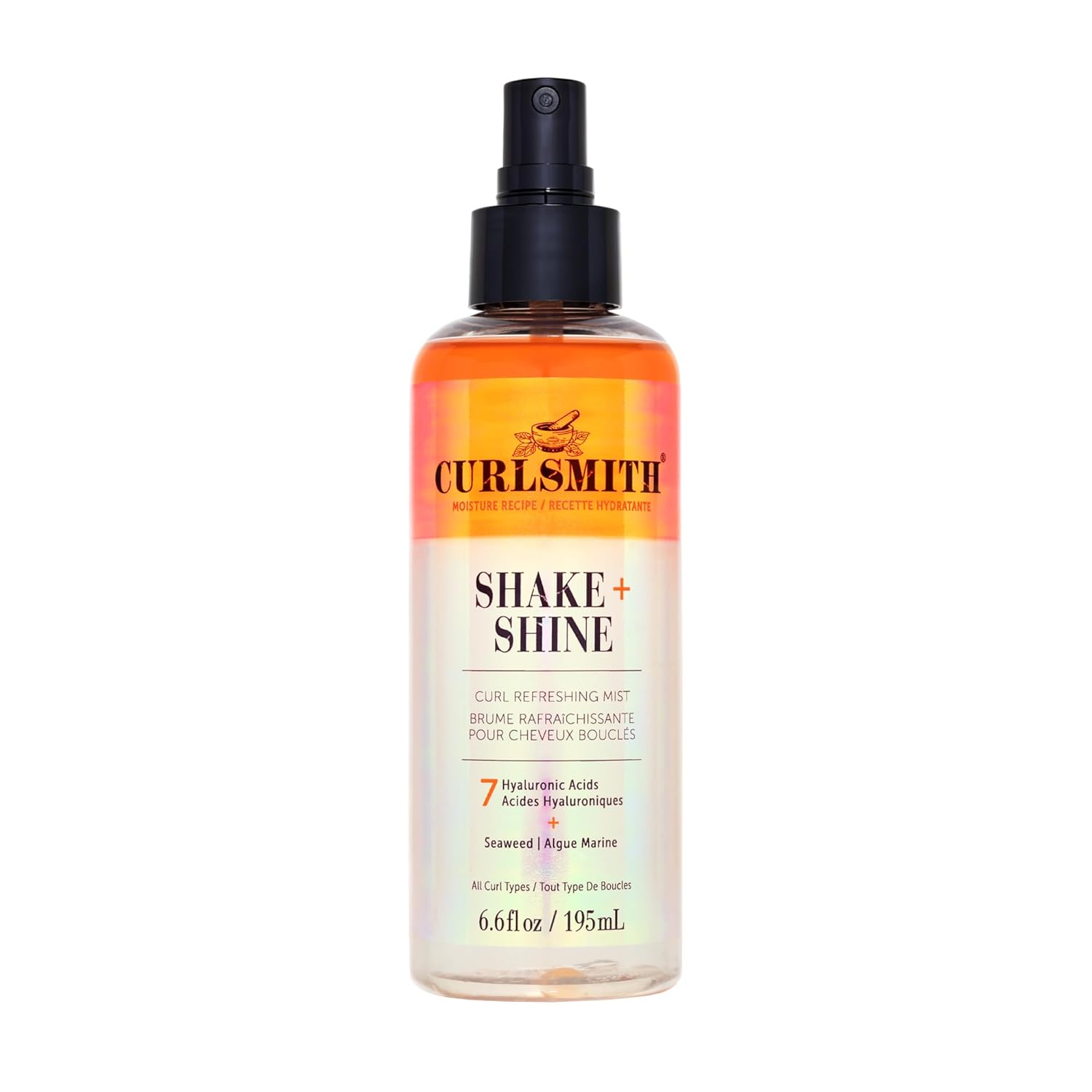
Did you grow up feeling like your hair was wrong? You’re not alone.
Despite 60% of the population being born with textured hair, it’s amazing that the experience can still be such an isolating one. Every day we strive to change that here at NaturallyCurly, and it’s one of our priorities that we support people who share our mission.
We are proud to be the Media Sponsor for The Curly Monologues, a series of gatherings where women can share “The Secret Lives of Girls with Curls” through music, spoken word and theater.
I recently sat down with two-time Curly Monologuer Valerie Bennis to find out what it’s like to get up on a stage and discover you’re not alone.
What did you feel it was important to share in your Curly Monologue?
I shared throughout my life what it was like having curly hair, starting from being a little girl and wanting a ponytail. And having a mother who wasn’t very adept at hair grooming, so she kept my hair short through most of my childhood and I thought people might think I was a boy.
But I think more than anything there was a certain amount of shame I had about my hair.
All I wanted was a long ponytail or braid, yunno something very sleek or smooth.
But then as I grew up, as a teenager my mother and I used to go and get our hair straightened. So we would go to a professional place and get my hair professionally straightened once a year.
The message was always that there’s something wrong with your hair.
I got teased about it. My mother when I would let it grow a little bit wild when I was a teenager would make me smooth it out, sit under a dryer, put it in rollers, wear it in a bun, I wore kerchiefs on my head.
The whole message there’s something wrong with your hair. Through family, through our culture, through people at school, I remember someone teasing me at school and saying your hair is like pubic hair. For a teenage girl to hear that, I couldn’t feel attractive with this hair.
I didn’t know what to do with it, there were no grooming products, it was a source of shame where for many women hair is a source of pleasure. When you feel that your hair looks good, you feel that you look good.
Then to make matters worse, my twin brother has beautiful, thick wavy hair. So it was like why did he get that hair and I got this hair?
My hair, which I now appreciate, is very tight curls.
What happened to me when I turned 50 was I went to Devachan and they taught me what to do with my hair, and now there are all of these products – but that was a lifetime, from the age of 8 to 50, of not liking my hair. I wore it short, I straightened, I curled it, I did everything to try to manage it and hide it.
Did you feel alone in that process?
I did, I did because if I look back on the people I went to school with, no one had hair like mine. If they did they surely were straightening it. My best friend in high school had really beautiful, long straight hair down her back. My grandmother had beautiful long straight hair. But my mother had curly hair, and she didn’t really know what to do with it, she used to go to the beauty parlor every week. So I felt alone, I didn’t know anyone else who had the same issue – and it was an issue. I used to lie in bed and wish for straight hair.
There was a loneliness, there was a sense of not being attractive, and not looking “right.”
What was it like to get on stage at the Curly Monologues and tell your story?
It was very cathartic, it was very cathartic seeing other women with curly hair and hearing their stories. Also when I went to Devachan for the first time, seeing other women with my kind of hair and being in a place where curly hair is totally accepted and loved – that was so different!
But at the same time, what’s interesting is there were people who would come up to me and say “wow are those curls yours” and “did you get a permanent,” and there were people getting permanents so in a way it was a conflicted message. In a way, people were telling me no this is not the right kind of hair to have, but there was an interest or fascination with it so that also made it confusing.
It sounds like it took a long time to get to a point where you knew what to do with your hair, do you feel that now you’re fully at peace with it?
I think for the most part I am. Do you have curly hair?
Yes I do
So you know that with curly hair, there are days when the curls look really good, the weather conditions are right. Mostly I don’t think I would ever straighten it again, I recently had it blown straight out of curiosity. Most of the time I’m okay with it, but sometimes I do think I wish it wasn’t as curly or I wish I had a different kind of curl, I wish it was a looser curl, not these tight curls. So I still go to that place of inacceptance of what my hair is.
Do you feel like you’ve seen a shift in the culture around the acceptance of curly hair?
Without question, I definitely see a change. The products on the market – there are so many products on the market for curly hair now.
But still, I recently met a woman who has wavy hair and she straightens it because she thinks it’s not professional to be wavy curly. I still hear women say that they think it’s not professional looking and that they straighten their hair for work. That woman shared her feelings with me and I was able to give her some tips since she wanted to try going naturally curly. I think we’ve made a lot of progress, certainly with Devachan Salon, Ouidad, I know there are other great salons now, what you’re doing, what Jonathan is doing, this is all very positive. So I definitely, definitely feel we’ve made a lot of progress and that curly hair is definitely more accepted.
What do you think is so special about the Curly Monologues?
First of all I think it’s great that it was started by a man who sees the originality of curly hair and wanted to give women who struggled with it a platform. I just think that’s such a beautiful contribution.
Because it is, no matter whether a woman has straight hair or curly hair, hair is part of her sense of beauty and confidence, it can be such an integral part of identity, so what he’s doing is giving women a special platform to share how they feel, really about themselves. It is a connection to their identity, it’s personal, it’s funny, it’s poignant, it says a lot about our culture and what is supposed to be “good.”
Like somehow straight hair is better, or more elegant or more professional. So having all of these women together, younger and older, women who have finally accepted their hair, I think it’s very special and unique.
I think it’s many-layered, because ultimately it’s not really about their hair but more so about how they feel about themselves.







I hope that we as a culture keep going in the direction that all looks are perfect, no matter what. And that there is no better than or best hair. Hair can be used to our advantage as a form of self expression, because each curl is really unique and different.
To get tickets to a Curly Monologue near you, click here.








